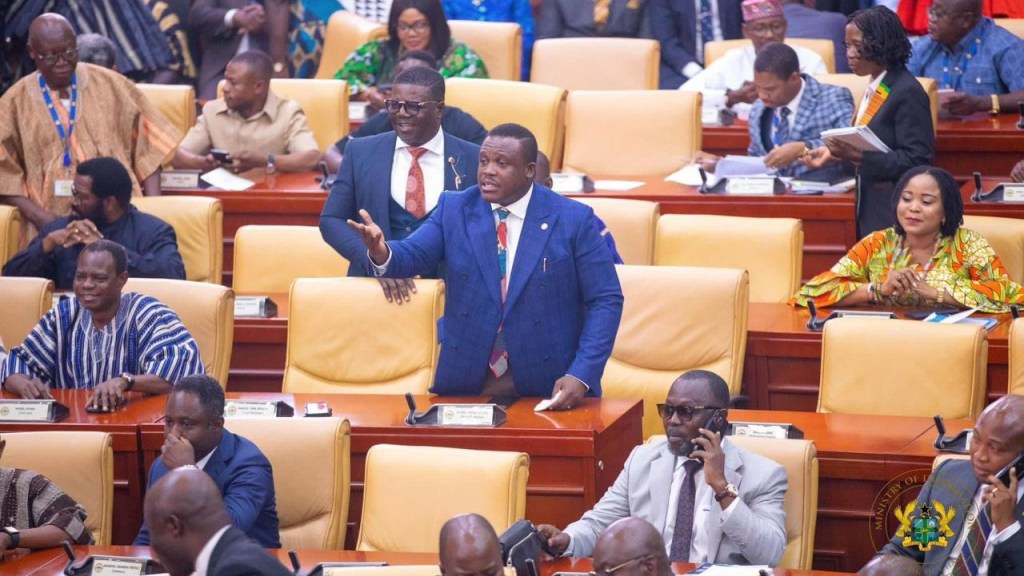Ghana’s parliament on Wednesday passed a highly contentious anti-homosexuality bill, eliciting widespread condemnation globally, news agency CNN reported.
The unanimously approved legislation by Ghana’s parliament is aimed at intensifying a crackdown on LGBTQ people’s rights and those promoting lesbian, gay, or other non-conventional sexual or gender identities in the western African nation.
“After three long years, we have finally passed the Human Sexual Rights and Family Values Act,” Ghana’s MP and a key sponsor of the legislation, Sam George, mentioned on X.
The move received criticism from different parts of the world. The United States on Wednesday said it was “deeply troubled” by the passage of stringent anti-LGBTQ legislation in Ghana’s parliament and urged a review of the “constitutionality of the bill.”
The development so far and what is its global reaction?
Introduced in 2021, the anti-LGBTQ legislation not only criminalises LGBTQ relationships but also targets individuals who promote queer rights. Besides, several African nations still uphold colonial-era laws criminalising same-sex activity, and recent bills throughout the continent have sought to clarify or strengthen these laws, as per CNN.
Notably, Gay sex is already an offensive act with a punishment of up to three years in prison. The bill further increases the prison sentence of up to five years for the “wilful promotion, sponsorship, or support of LGBTQ+ activities.”
United Nations Human Rights Chief Volker Turk expressed deep concern and called the bill’s passage “profoundly disturbing” and urged the government to reconsider.
He mentioned the broadening scope of criminal sanctions against LGBTQ individuals and their related allies, emphasising the potential threats to human rights.
UNAIDS Executive Director Winnie Byanyima warned of the far-reaching consequences if the bill is enacted. He said it would adversely affect everyone and impede Ghana’s efforts in combating HIV and AIDS.
It is noteworthy that a cluster of Christian, Muslim, and Ghanaian traditional leaders sponsored the bill, which is one of the harshest of its kind in Africa.
Following the passage of the bill in Ghana’s parliament, the bill will be presented to President Nana Akufo-Addo after which he has seven days to assent or refuse to assent, as per Ghana’s constitution.
